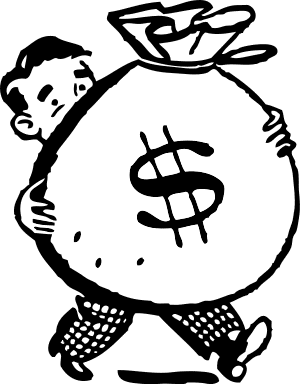Let's walk in the
Let's walk in the shade...it's too hot in the sun!
There is frequent confusion between shade and shadow. Shade is used to describe the general areas blocked by sunlight, whereas shadow is used to describe specific objects or people blocking sunlight.
In the photograph below, you can see the shadows of three pedestrians strolling by in the sun next to the shade of a building.
shade vs. shadow
1. shade (n.), : describes any place where sunlight is blocked
- After walking for hours through the city on a hot and humid summer day, we found a place to rest in the shade.
- There's nothing like sitting on the cool grass in the shade of a cherry tree.
shady (adj.)
- Let's find a shady spot to park the car, otherwise it may overheat later.
other usages: lampshade, window shade, shades of (a color)
2. shadow (n.): silhouette, the specific shape/outline of an object or person cast by the sun
- Looking down from the balcony, we could see the shadows of the people walking by cast on the pavement.
- He's so timid, that he's afraid of his own shadow!
other idioms: beyond a shadow of a doubt

